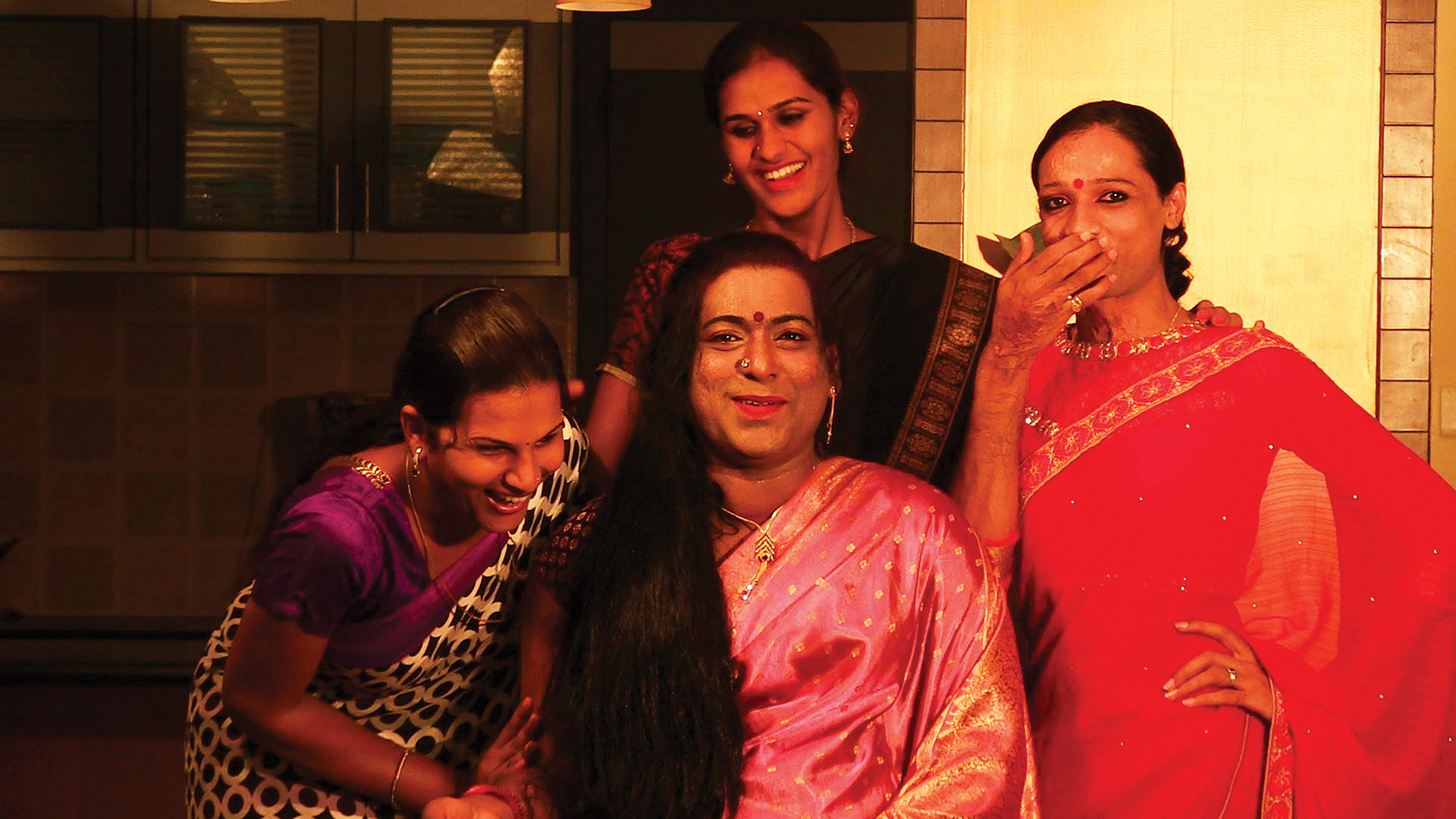
Amidst the noise about Article 370 being scrapped in Jammu and Kashmir, the Lok Sabha passed the Transgender Persons (Protection of Rights) Bill 2019. It was introduced on July 19 and Minister of State for Social Justice and Empowerment Rattan Lal Kataria appealed to members to pass it on August 5. The Bill seeks to protect the rights of at least 4.8 lakh people who were identified by the 2011 Census.
The Bill was passed, albeit amidst protests that it misses the mark on several important aspects. The Human Rights Law Network says that in 2016, there were 27 changes recommended for the bill, out of which only two were made. Reports from 2018 say the 2016 Bill was passed with 27 amendments.
However, two of these changes, which the Human Rights Law Network explains, include the “right to self-perceived gender identity”, comes with the condition of Sex Reassignment Surgery (SRS), which could seem like a means of enforcement of the surgery.
Rachna Mudraboyina, head of the transgender department at the Human Rights Law Network, says the 2019 Bill does not recognise a person identifying as a preferred gender unless he or she has gone through SRS. “The bill restricts the identity to only third gender and if you want an identity of male or female, then you have to go through physical screening. In that, the whole thing of self-identity has been lost.”
The Bill states that a district magistrate and district screening committee will have to certify a trans person and a revised certificate may be obtained only if the individual undergoes surgery to confirm their gender. Secondly, while the bill decriminalises begging — a practice many transgender people depend on due to lack of employment options — this too, Mudraboyina says, is flawed. Introduction of a new section which criminalises the “compelling or enticing” of a transgender person to indulge in forced labour makes the Bill confusing, she says.
Mudraboyina points to the Trafficking of Persons (Prevention, Protection and Rehabilitation) Act of 2018, which classifies certain purposes of trafficking as ‘aggravated’ forms of trafficking. These include trafficking for forced labour, bearing children, begging, or to induce early sexual maturity. Aggravated trafficking attracts a higher punishment. Bonded labour carries a fine and life imprisonment or imprisonment up to 10 years.
Mudraboyina thinks that when the Act is already in place and is applied across people with no discrimination on gender, “the need for this provision is redundant” in the Transgender Bill itself. She says, “The trafficking definition is very volatile. Raid, rescue and rehabilitation are the main points here. The police can walk into any place and assert themselves and affect sex workers, trans persons, beggars…”
She says this will directly affect the Hijra community which has a system of “guru and chela”. “The guru will be treated as a trafficker and the chela as a victim and gurus will be jailed. So, this can destroy the whole fabric of the transgender network, of the Hijra system.”
Furthermore, the section that criminalises violence against transgender persons has been reproduced without any changes from previous drafts. This means any kind of violence, including sexual abuse, is punishable by a term of a maximum of two years. Mudraboyina calls this a “watered down version of what is present in existing criminal law, which punishes a person with a minimum of seven years in cases of rape”.
These are contentious issues, which activists hope the Opposition will raise so as to stall the Bill at the Rajya Sabha. While Mudraboyina says the Opposition is “taking an active role to oppose it”, she doesn’t think they’ll make much difference based on past history. As a result, her team is looking into other options.
One is challenging the Bill’s constitutional validity in the Supreme Court. The second is to take the trans movement beyond the Bill — working on different aspects of the Bill and putting it before various high courts in the country. For example, Mudraboyina says, the Bill has no section on reservation whereas the National Legal Services Authority v. Union of India judgement provides for it — it saw trans people winning the case to be treated as socially and economically backward classes and be granted reservations in admissions to educational institutions and jobs.
“We can make an enabling environment for people to fight in the courts. Because I feel this is the only way we can challenge such bills and policies based on majoritarian ideology,” Mudraboyina says. Until there are reservations in the education system, “then forget about employment. This means transgender people will never be able to navigate through the system because it’s all structured into class and caste. And those who are living on the roads, how will they navigate through this system?”
She adds: “The Bill may sound very beautiful and yes, there are some positive changes like removing begging as a criminal offence and introducing self-identity, giving insurance cover for those going through SRS — but even its implementation is questionable.”
Here Mudraboyina is referring to the National Council for Transgender Persons (NCT) which will consist of a Union Minister for Social Justice as the chairperson and other members from the ministry and the National Human Rights Commission. While it will also consist of five members from the transgender community and five experts from non-governmental organisations, Mudraboyina says the selection process of such members is unknown and cannot be fully trusted.
Delhi Police will deploy over 15,000 personnel across the city during Holi, with intensified patrols…
A Delhi canteen owner was allegedly murdered and dismembered by his friend and accomplices for…
A 21-year-old man has been arrested for allegedly stabbing two teenage brothers at a Haiderpur…
Droupadi Murmu launches Pink National Common Mobility Card, free LPG cylinder benefit, and two financial…
Court says detention unnecessary, cites liberty concerns in AI summit protest case
Indian airlines cancelled 760 overseas flights in the last two days owing to the escalating…